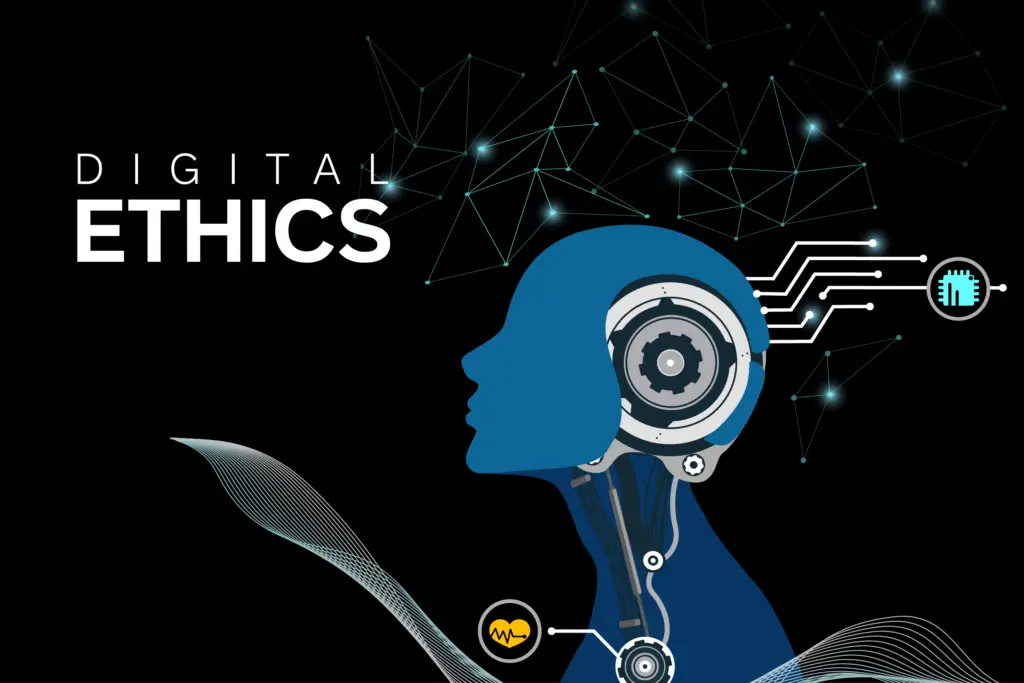
The internet has become a vital part of modern life, influencing how people connect, shop, study, and enjoy entertainment. With such a powerful role in society, web developers carry a major responsibility to create websites, applications, and digital platforms that not only function smoothly but also uphold fairness and trust. Every design choice, from layout to code, can directly impact user experience, security, and accessibility, making ethical considerations more important than ever.
Digital ethics in web development refers to the practice of building online experiences that respect privacy, ensure inclusivity, and protect users from harm. It emphasizes responsible coding, secure systems, transparent data use, and accessible design for all individuals. This guide explores its importance, principles, challenges, and best practices.
What is Digital Ethics in Web Development?
Digital ethics in web development refers to the set of moral principles and professional guidelines that govern the creation, maintenance, and use of digital platforms. It is about balancing technical innovation with respect for human rights, privacy, accessibility, and social responsibility. Ethical web developers ensure that their work not only functions effectively but also does not harm users, spread misinformation, or exploit personal data.
For example, while a website might use cookies to track user behavior, digital ethics requires transparency, consent, and clear communication about how the data will be used. Similarly, an e-commerce site must protect financial information and ensure fair pricing practices. Digital ethics acts as a compass that guides developers toward responsible innovation.
Why Digital Ethics Matters
User Trust
Trust is fundamental to a website’s success. Users are more likely to engage with platforms that respect privacy, avoid deceptive practices, and prioritize safety. Ethical practices foster long-term loyalty and credibility.
Legal Compliance
Many countries have strict regulations regarding data privacy, accessibility, and online safety, such as GDPR in Europe or CCPA in California. Ethical web development ensures compliance, reducing the risk of legal consequences.
Social Responsibility
Web developers have the power to influence public opinion, education, and behavior. Ethical practices help prevent harm, misinformation, and bias, contributing positively to society.
Accessibility and Inclusion
Ensuring that websites are accessible to people with disabilities and inclusive for diverse communities is both a legal and moral obligation. Ethical development prioritizes designing for everyone, not just the majority.
Core Principles of Digital Ethics in Web Development
Privacy and Data Protection
Respecting user privacy is the cornerstone of ethical web development. This includes collecting only necessary data, storing it securely, and allowing users to control their personal information. Developers must implement encryption, secure authentication, and transparent privacy policies.
Transparency
Ethical websites clearly communicate how they function, what data they collect, and how users interact with digital services. Hidden fees, deceptive pop-ups, and misleading advertisements violate transparency standards.
Accessibility
Websites should be designed to be usable by everyone, including individuals with visual, auditory, or cognitive impairments. This involves providing text alternatives, easy navigation, and compatibility with assistive technologies.
Security
Protecting websites from cyberattacks, data breaches, and malware is essential. Ethical web developers proactively implement security measures, regularly update software, and educate users about potential risks.
Fairness and Non-Discrimination
Web platforms should avoid bias in algorithms, content moderation, and personalized recommendations. Ethical design ensures that AI, ML, or automated systems do not discriminate against any group.
Sustainability
Developers can minimize environmental impact by optimizing website performance, reducing unnecessary server load, and promoting green hosting solutions. Sustainable development aligns with ethical responsibility toward the planet.
Accountability
Web developers should take responsibility for their creations. This includes monitoring the website’s impact, responding to ethical concerns, and correcting harmful practices when discovered.

Challenges in Practicing Digital Ethics
Despite its importance, implementing digital ethics comes with challenges:
- Complex Regulations : Navigating international laws and privacy rules can be confusing and require constant updates.
- Balancing Profit and Ethics : Commercial goals sometimes conflict with ethical practices, such as using aggressive tracking for marketing.
- Bias in Technology : AI and machine learning systems can unintentionally perpetuate biases if not carefully monitored.
- Rapid Technological Change : New tools and frameworks can outpace established ethical guidelines.
- User Awareness : Users often overlook privacy and security measures, making ethical communication and education critical.
Best Practices for Ethical Web Development
Implement Privacy by Design
Integrate privacy and security into every stage of the development process rather than treating it as an afterthought.
Regular Audits
Conduct regular security, accessibility, and compliance audits to identify vulnerabilities and ensure ethical standards are met.
Educate Users
Provide clear guidance on privacy settings, data usage, and safe browsing practices.
Inclusive Design
Involve diverse teams and user groups in the design process to uncover biases and improve accessibility.
Open Source and Transparency
Sharing code, APIs, and methodologies can foster accountability and allow the community to identify ethical concerns.
Monitor AI Systems
Ensure that algorithms powering recommendations, search, or personalization are regularly tested for fairness and accuracy.
Document Decisions
Keep clear records of ethical decisions, data policies, and design choices to demonstrate accountability and transparency.
Examples of Ethical Web Development in Action
- Accessible Government Websites : Some countries have legal standards requiring government sites to be accessible for people with disabilities.
- Privacy-Focused Browsers : Platforms like DuckDuckGo and Brave emphasize minimal data collection and user privacy.
- Fair AI Recommendations : Streaming services and e-commerce platforms implement AI systems that avoid bias while suggesting content or products.
- Green Hosting Solutions : Companies host websites on energy efficient servers to reduce environmental impact.
The Future of Digital Ethics in Web Development
As technology evolves, ethical challenges and solutions in web development will continue to grow. Integrating AI, AR/VR, and IoT will require new standards to ensure responsible design. Emerging technologies like predictive analytics, facial recognition, and immersive digital experiences demand heightened attention to user privacy, consent, and fairness.
Ethical web development will increasingly be seen as a professional standard rather than an optional practice. Organizations that adopt these principles not only reduce legal and reputational risks but also cultivate trust, loyalty, and a positive digital reputation among users. Prioritizing ethics today ensures sustainable and responsible innovation for the future.

Final Words
Digital ethics in web development is more than a set of guidelines; it is a commitment to creating responsible, user-centered digital experiences. By prioritizing privacy, security, accessibility, and fairness, developers can ensure their work benefits society while fostering trust and loyalty among users. Ethical development helps reduce risks related to data misuse, cyber threats, bias, and legal compliance, making it a strategic advantage for any organization.
As technology continues to evolve, adhering to ethical standards will become increasingly essential. Developers who embrace these principles can create websites and applications that are safe, inclusive, and sustainable, providing better online experiences for everyone. Upholding digital ethics today shapes a fairer and more responsible internet for the future.
Frequently Asked Questions
Q . What are common ethical issues in web development?
A . Common ethical issues include data misuse, biased algorithms, inaccessible designs, deceptive ads, lack of transparency, and poor security measures. Addressing these ensures fairness, inclusivity, and safety, protecting both users and businesses from long-term reputational and legal consequences.
Q . Why is digital ethics important for websites?
A . Ethical practices build user trust, ensure compliance with laws like GDPR, enhance accessibility, and prevent misuse of data. Websites that follow digital ethics foster engagement, loyalty, and social responsibility while reducing legal and reputational risks.
Q . How can developers protect user privacy?
A . Developers can protect privacy by collecting minimal data, implementing encryption, providing clear privacy policies, and allowing users to control their information. Transparency, consent, and secure storage are key pillars of ethical data handling.
Q . What role does accessibility play in digital ethics?
A . Accessibility ensures that websites are usable by all, including people with disabilities. Ethical developers implement features like screen reader compatibility, keyboard navigation, and alt text to create inclusive digital experiences for everyone.
Q . How can AI and algorithms be made ethical?
A . AI and algorithms must be monitored for bias, transparency, and fairness. Ethical development involves testing models, avoiding discriminatory data, and providing clear explanations for automated decisions, ensuring AI benefits all users equally.
Q . Is digital ethics legally required?
A . While not all aspects are mandatory, laws like GDPR, CCPA, and accessibility regulations enforce certain ethical standards. Following digital ethics reduces legal risk, builds credibility, and aligns development practices with societal expectations.
Q. How does digital ethics affect e-commerce websites?
A . Digital ethics ensures e-commerce websites handle customer data responsibly, prevent unfair pricing, and maintain secure transactions. It improves customer trust, strengthens brand reputation, and encourages repeat purchases by creating a safe, transparent, and fair shopping experience for online buyers.


